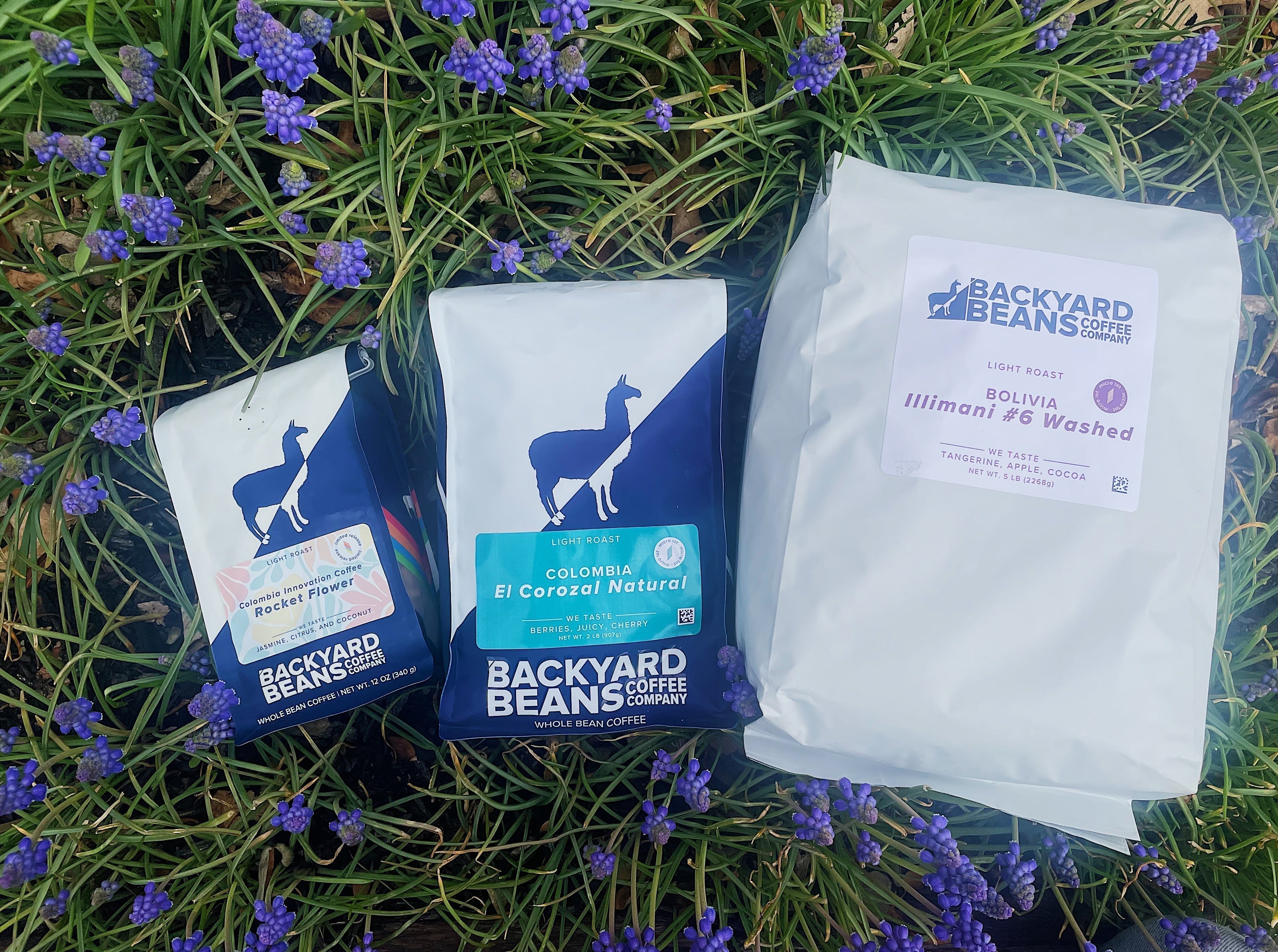
Earth Day Sustainability Tips from Our Sustainability Coordinator
Hi Backyard Beans Supporters and Friends,
If you’ve hung around the Lansdale Cafe long enough, you might’ve started to recognize me as the very pregnant, long-dark-haired woman who pops up in the cafe every now and again for a delicious drink. If you have or if you haven’t, Hi! I’m Christina, Backyard Beans’ Sustainability Coordinator!
I joined the team back in January 2024 to support the company’s efforts to become B Corp Certified and to maintain and work towards sustainability goals as a company. This past year has been an incredible experience as I’ve gotten to work with Matt and Laura on different initiatives. As we near Earth Day, we thought we would highlight what you can do at home in order to implement sustainability in your everyday life.
1. Gardening and Letting the Weeds Grow!
Spring is in the air, and with it, the perfect time to clean up the garden. Not only does gardening provide us with movement for our bodies which is nice after a cold winter spent indoors, but planting beautiful, easy to maintain plants is also good for our native pollinators.
Native plants are important as they provide food sources and habitats for pollinators. Many non-native plants offer pollen but may not be suitable for our pollinators because the shape and structure of these plants do not always support them. Non-native plants found throughout the U.S in yards and nurseries are usually species that are native to other countries - disconnecting pollinators from food sources and tending to spread by seed or other methods of distribution, becoming invasive, outcompeting native plants, and degrading habitat in what is left of natural areas. This is especially important as modern society and urbanization have disrupted natural landscapes for housing developments that are landscaped with green unproductive lawns. The idyllic American home no longer supports natural ecosystems. Choosing to plant beautiful but native perennial plants benefits our pollinators and ecosystems, and they are easy to maintain once established!
Purposefully switching out non-native plants and incorporating native ones or even just adding some native plants to your garden is a great way to get started. I like to do this every spring with one or two plants from a local nursery to slowly increase the plants in my garden that will support native pollinators for years to come.
In addition to adding native plants to the garden, I like to let the weeds grow! Weedy plants like dandelions, violets, and creeping Charlie are all the first food sources for pollinators that come up in spring and add a beautiful pop of color to lawns. In addition, chemicals used to keep a green lawn are detrimental to our health, our children’s health, and pet health, not to mention these chemicals flow into our waterways and negatively affect aquatic life.
More info and recommendations on native plants:
Pennsylvania Native Plants for the Perennial Garden
2. Compost
Consider collecting your kitchen scraps to reduce food waste. This can easily be done by using a compost bin that you can keep on your kitchen counter or under your sink.

When I lived in an apartment, I would take my compost to a drop-off location that collected compost such as Whole Foods or MOM’s Organic Market. Now, I have a dedicated compost pile along the far side of my backyard. I’ll go out once a week to dump it, adding other yard waste to the pile such as leaves and fallen sticks/branches. Every now and then, I’ll turn it to help break it down, and I'm left with a bit of free, organic “black gold” that I can use in my garden instead of synthetic fertilizer!
If you don’t want to create your own compost or have to remember to drop it off, there are local composting companies that will collect your food scraps weekly and do the work of turning it into compost. Two local companies that pick up compost at residential locations in Bucks and Montgomery Counties are BCS Compost and Back to Earth Compost.
If you’re familiar with our sustainability initiatives you’ll recognize BCS as the company Backyard Beans works with. We’ve gotten to visit their location and see the compost making magic. Composting is an incredible resource that diverts food waste from landfills which is something to be mindful of as food in the trash/landfill does not break down the same way. Instead, it slowly decomposes in an anaerobic environment creating harmful methane gas - a powerful greenhouse gas that is the second largest contributor to climate warming.
3. Bring Your Own Cup (BYOC)

Single use paper and plastic cups have become second nature when grabbing a coffee before work, maybe even during, after, and whenever we need a caffeine fix. It’s estimated that about 50 billion paper coffee cups are thrown away every year in the U.S alone.
With our current fast-paced lifestyles, we’ve begun relying on convenience and single-use items. This waste ends up in landfills and oceans and does not decompose quickly enough, taking anywhere from a few decades to a few hundred years. Even paper coffee cups are lined with plastic that delays decomposition—this is standard among all paper cups to keep your coffee hot and prevent it from soaking through.
Microplastics are not only introduced into your hot drink, as studies show that hot food or liquid in plastic leaches chemicals into it, but as these cups decompose, those microplastics also leach into our soil and waterways, which is just as bad for our health and the environment.
The best habit you can make is bringing your own reusable cup or mug. Leaving a clean reusable mug or cup in your car before you go out, or simply remembering to take one with you to the coffee shop, is the best way to reduce single-use waste, besides sitting in and enjoying your coffee and food at the cafe using their plates, cups, and utensils. This is why Backyard Beans offers a $0.10 discount when you bring your own cup!
4. Support your Local Farms
Supporting local farms not only supports the local economy but also provides higher quality produce and meat. Most of the produce at the grocery store comes from the other side of the country in California or from other countries. By the time this food shows up on your plate you can expect a decrease in vital nutrients whereas local farmers harvest their produce to bring to market just 1-3 days beforehand - the taste, nutrient density, and quality are far superior.
Local farms are also more commonly practicing polyculture rather than monoculture which supports higher biodiversity. In addition, the travel time of these foods contribute to high amounts of greenhouse gases produced just to get to your local grocery store. Not to mention, most local producers are not using anywhere near the amounts of pesticides or insecticides big agricultural farms are using. Even better is supporting organic local farms - this is healthy for you and the environment. Conventional chemicals have been studied and are proven to be hormone disruptors and can be cancer-causing. They don’t just get into our food, they leech into the soil, are washed away by rainwater and end up in our waterways.
If cost is prohibitive, try to consider including farm fresh produce once a month as a healthy splurge, or going for a few basic items each week as a supplement to your normal grocery order. Another idea is to reach out to your local farmers market as many nowadays accept government assistance programs such as EBT and SNAP.
Here are some additional resources to explore:
Why Organic? Farming Practices
Understading Pesticides in Crop Production Systems
5. Buy in Bulk
Bulk buying is a great way to reduce packaging when you know you can stock up on food such as dried goods or reduce waste when you only need a bit of something for a specific recipe. Many grocery stores offer the option of bulk buying dried beans, grains, nuts, flour, etc.
You can also inquire about discounts at certain stores, as some will give you a 10% case discount. Bringing your own containers to fill up on for select items is an easy way to reduce packaging especially if it’s an item that you can store for a long time and use frequently.
Did you know that when you order coffee from Backyard Beans online, you can choose bulk options such as 2 or 5 lb bags? This is a great option if you go through a larger quantity of coffee quickly, or you can simply freeze the beans and thaw enough to use each week. Consider this next time you shop with us, local pick up at our Lansdale cafe is always an option!


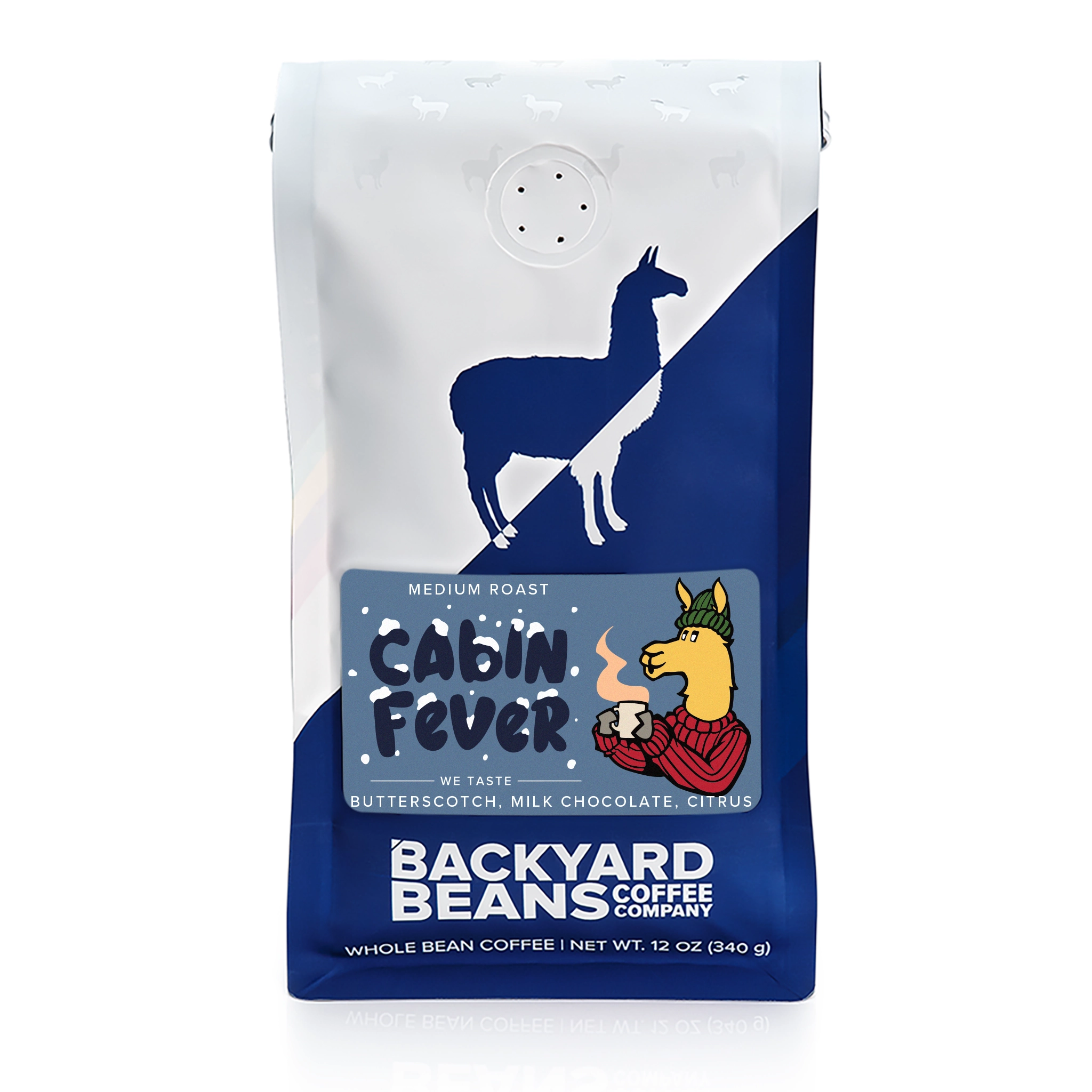

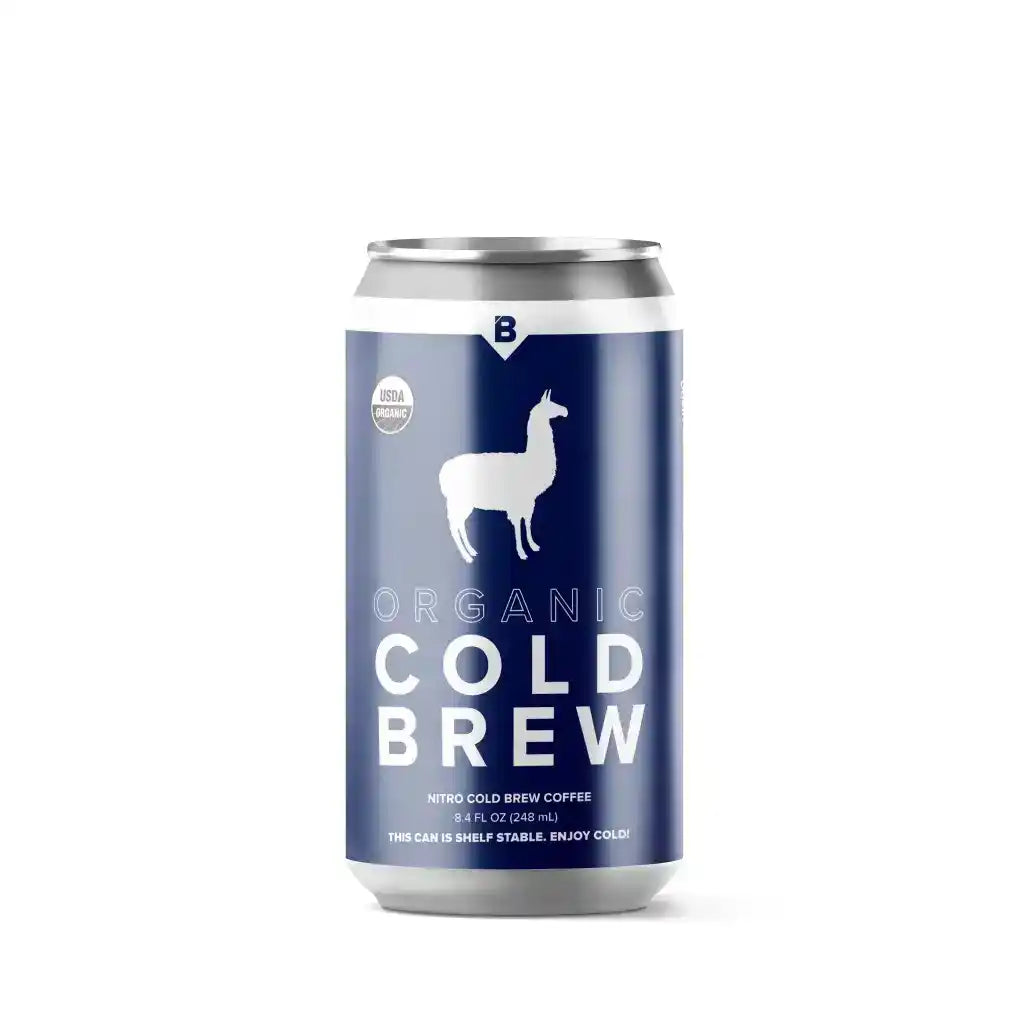
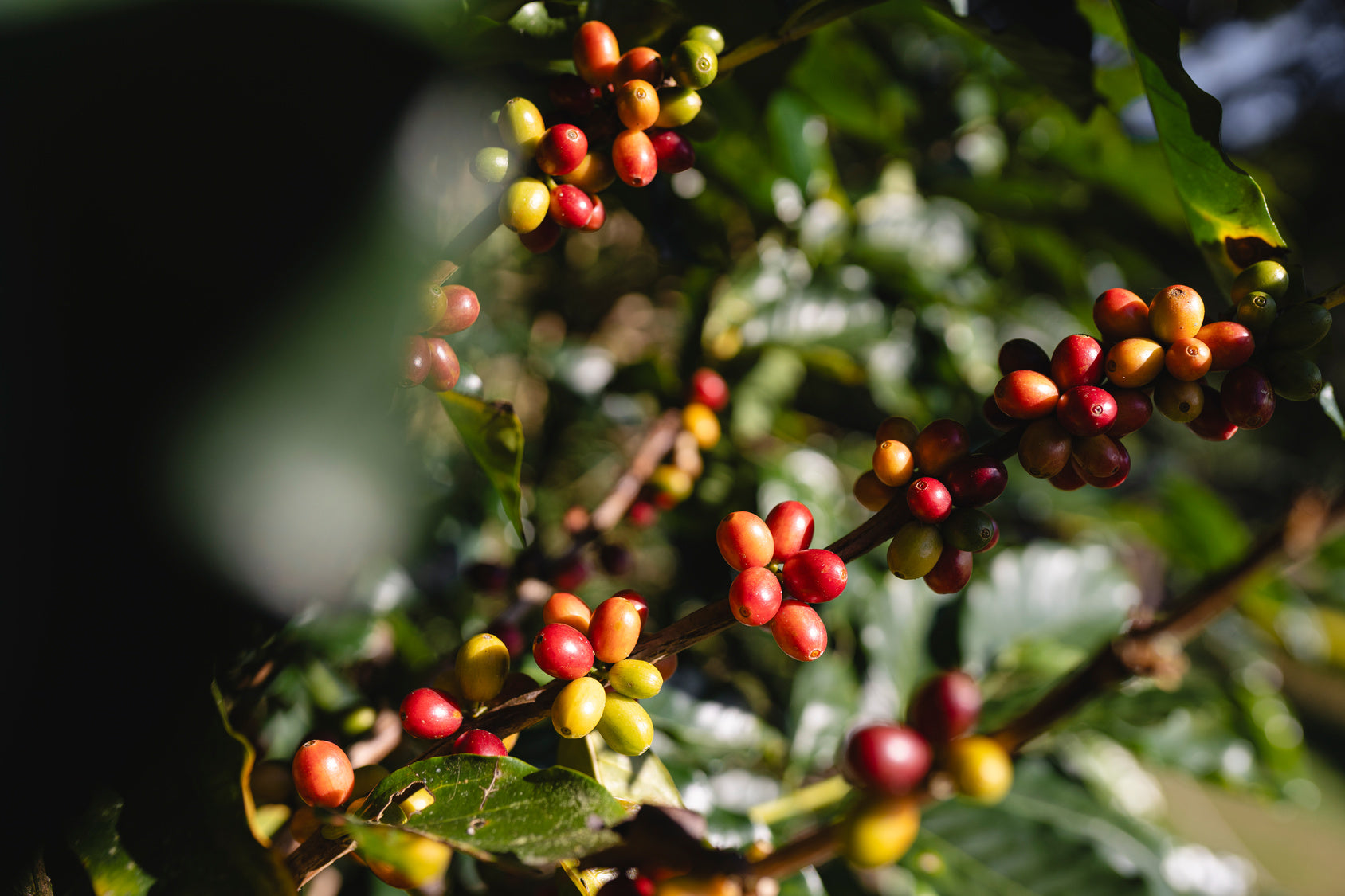
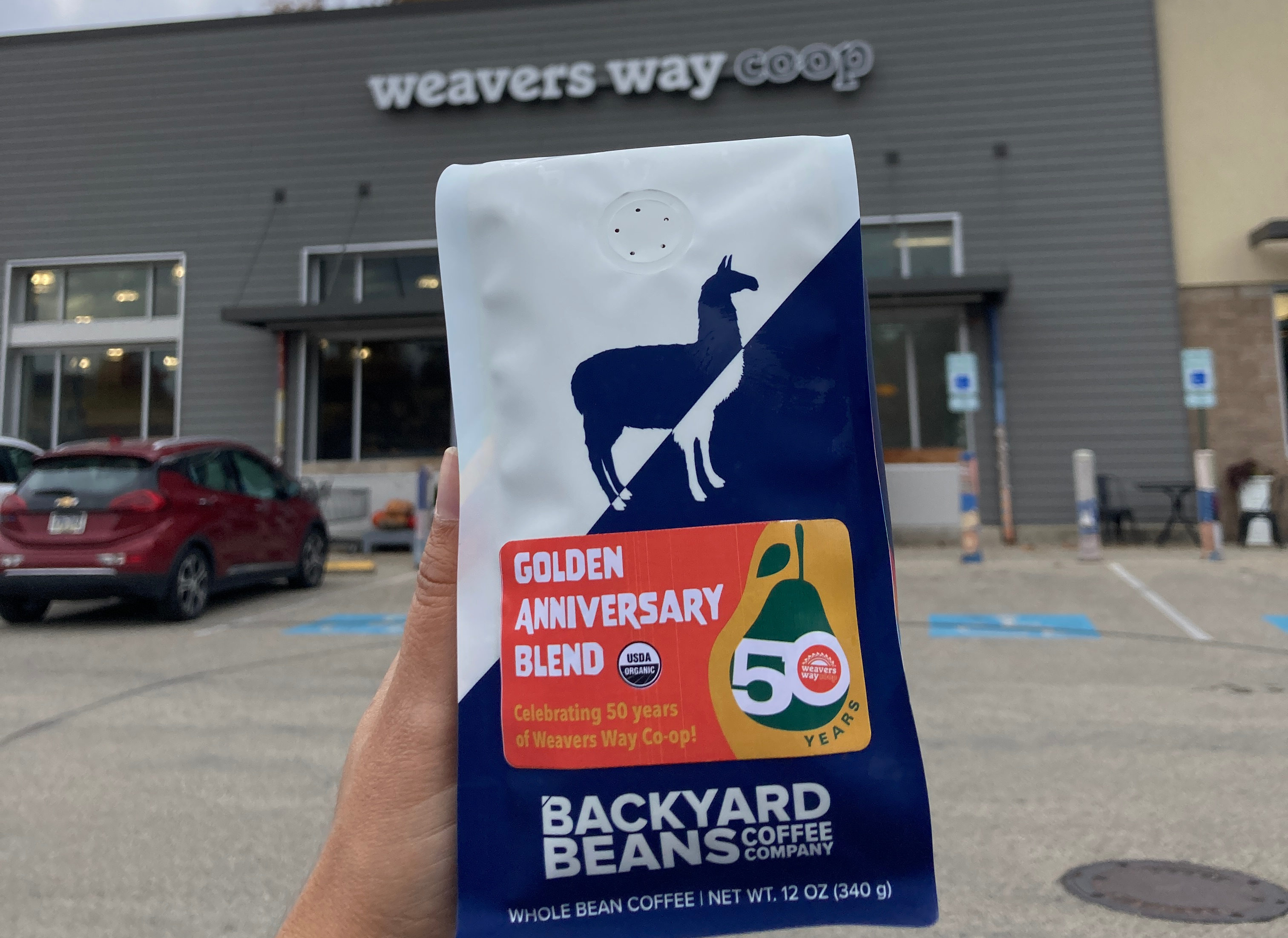
Leave a comment
This site is protected by hCaptcha and the hCaptcha Privacy Policy and Terms of Service apply.